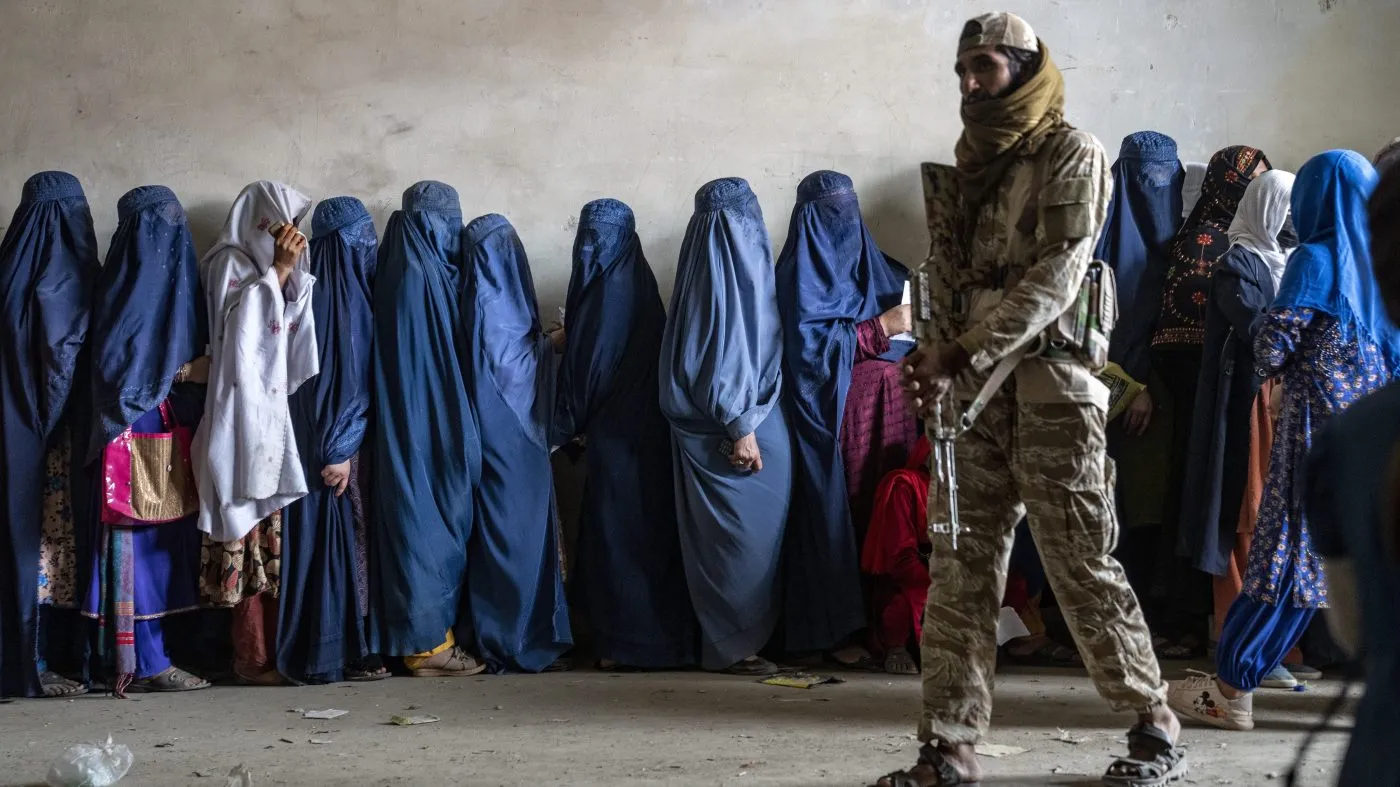UN Report: Taliban Restrictions on Women Hampering Afghanistan's Economic Recovery
While Afghanistan’s economy has stabilized since the Taliban took control in 2021, ending the deep contraction, the UNDP does not see much prospect for recovery if current policies continue. Restricting women’s rights and excluding them from the workforce is a major barrier according to the UN.
The country faced multiple economic shocks from conflict, corruption, COVID and droughts, leading GDP to fall over 27% since 2020. Industry and agriculture have declined sharply. The banking system also went into crisis after the regime change.
The UNDP forecasts minimal growth in 2023, with income likely falling due to stagnation and population increases. For recovery, productive sectors need functional finance, supportive regulations and markets. Investing in human capital, including women’s employment and education opportunities, is also seen as essential.
However, since 2021 the Taliban has removed women from government roles and the workforce. Formerly vibrant small businesses, where many women worked, have been devastated. Technical expertise, particularly among women employees, is being lost from economic ministries — hampering private sector activity and growth. Women’s share of employment dropped significantly.
By continuing to repress women’s rights and exclude them from the workforce, the Taliban’s policies are seen as a major barrier blocking Afghanistan’s economic recovery according to the UN assessments. Restoring women’s opportunities is seen as one path to help restart growth.



Comments
Post a Comment